State lessness is defined as the quality of being without a state, a nationality, or even the protection that nationality should offer. Addressing the lacuna in literature on stateless people in post-colonial South Asia, this study brings together the lived experiences of diverse stateless groups within a comparative framework. Through research conducted across dissimilar groups in different geographical locations-India, Pakistan, Bangladesh, Sri Lanka, Nepal, Tibet and Bhutan-it asks some critical questions: How are certain groups and communities-often, the minorities-rendered stateless? Is the existing legal regime adequate to deal with the problem of statelessness? And do policymakers now need to think beyond legal terms, as judicial activism has clearly proved ineffective?
Demonstrating that continued situations of dislocation and/or refugeehood can produce statelessness, the book elaborates a new way of thinking about this increasingly important field of study and suggests a way towards framing better and more inclusive international and national laws to deal with this issue.
With its cross-disciplinary approach, this volume will be invaluable for undergraduate and postgraduate students of international relations, political science, law, history and refugee studies. It will also be useful to research centres and non-governmental organisations working on/with stateless and refugee groups across the world.
ABOUT THE AUTHOR Anasua Basu Ray Chaudhury
Anasua Basu Ray Chaudhury is an ICSSR Fellow at the Centre for the Study of Developing Societies (CSDS) She is Ph.D. in International Relations from Jadavpur University, Kolkata. Dr. Basu Ray Chaudhury received the Kodikara award from the Regional Centre for Strategic Studies (RCSS), Colombo in 1989-99 and worked on The Energy Crisis and Sub-regional Co-operation in South Asia subsequently published as Policy Studies by the RCSS in 2000. She has presented papers in many national and international conferences. She is a regular contributor to the reputed journals in India and abroad. She specializes on regional co-operation, energy politics, partition refugees and violence against women in South Asia.
ABOUT THE AUTHOR Ranabir Samaddar
Ranabir Samaddar, Director of the Peace Studies Programme at the South Asian Forum for Human Rights, Kathmandu, was formerly Professor of South Asian Studies, Maulana Abul Kalam Azad Institute of Asian Studies, Kolkata. He is the author of a three volume study of post-colonial nationalism in South Asia, Whose Asia is it Anyway: Nation and the Region in South Asia (1996), The Marginal Nation: Transborder Migration from Bangladesh to West Bengal (1999) and A Biography of the Indian Nation, 1947-97 (2001), and of Memory, Identity, Power: Politics in the Jungle Mahals, 1890-1950 (1997), an account of the politics of community formation in the Jharkhand region.

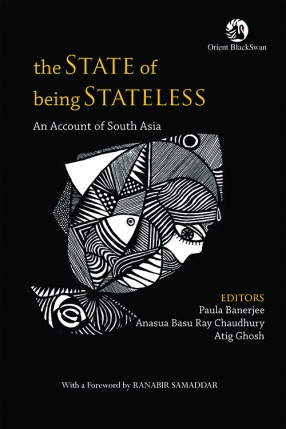
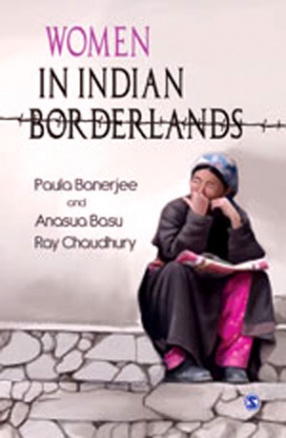
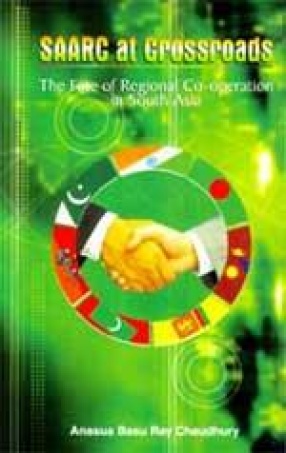
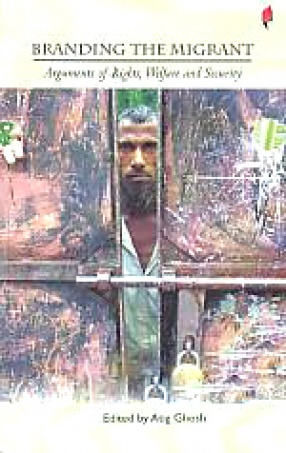
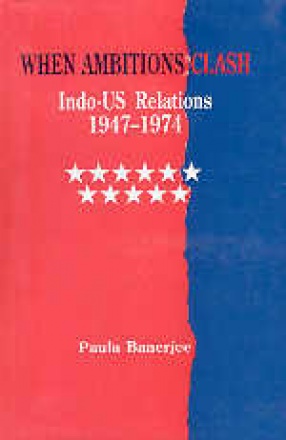
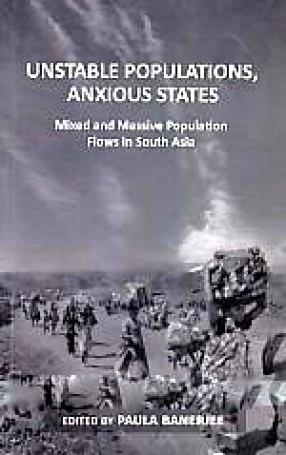
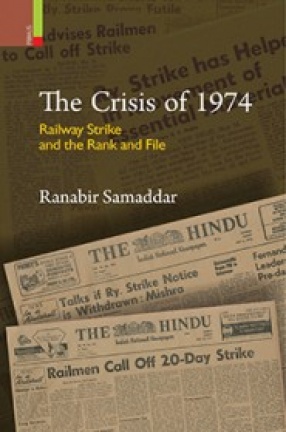

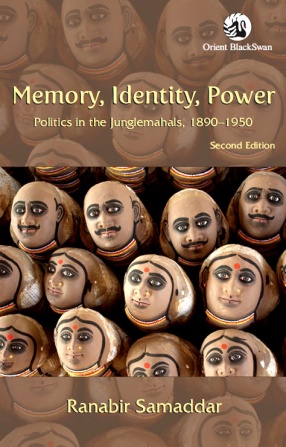
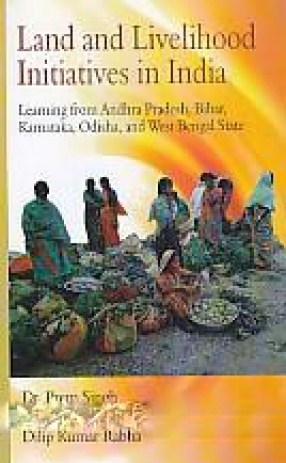
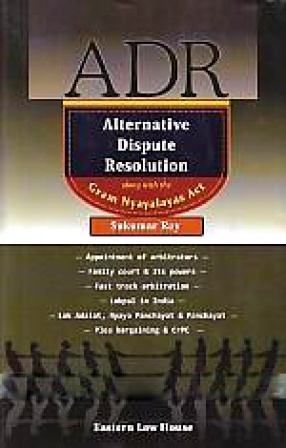
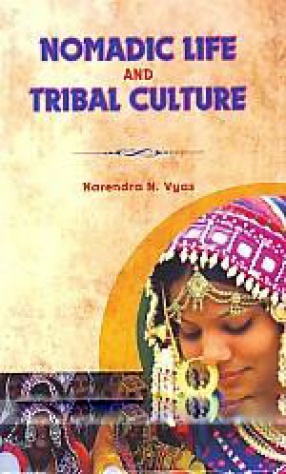
There are no reviews yet.